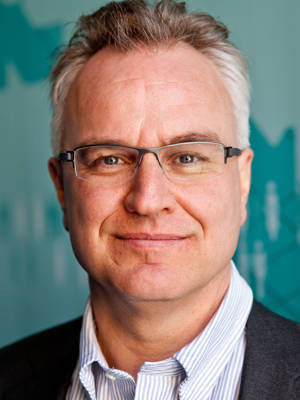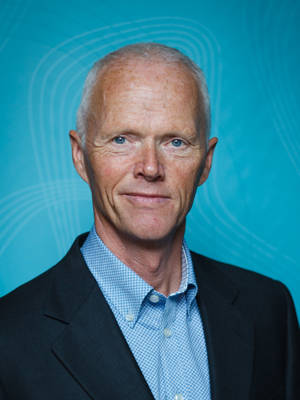This project maps Western aligned parties’ security force assistance (SFA) to the civil wars in Syria and Afghanistan. It examines effects of SFA on the dynamics of conflicts and peace processes and identifies ways in which to avoid negative consequences of such assistance. The project gives special attention to Norway’s contribution, as a part of the larger effort by the US and its allies towards stabilisation and fight against terror networks and organised crime. The main goal of the project is to use the outcome of the research to create opportunities in Norway and abroad for dialogue and debate on the utility and effectiveness of SFA.
Syria and Afghanistan contain two of the most intense contemporary wars and both are priorities for peace engagement by the Norwegian government. Western interventions have been directed against jihadist insurgencies carried out by the Taliban and by the Islamic State of Iraq and the Levant (ISIL). These conflicts have provided the impetus for two extensive SFA programmes. These programmes are designed to create military units which can both combat existing threats but also contribute towards stability and political development in the recipient countries.
There are however some fundamental differences between the SFA provided to the two countries. In Afghanistan, SFA has been provided as part of a long-term effort to support the recognized national government based in Kabul. The SFA was provided within the context of a largescale presence of NATO-led combat forces under the auspices of the International Security Assistance Force (ISAF) between 2001 and 2014, and the Resolute Support Mission after 2014. The escalating violence in Afghanistan after 2007, and withdrawal of foreign combat troops, prompted a large increase in the size of the Afghan security forces.
In Syria, the SFA programmes were much more ad-hoc and uncoordinated, with the largest programmes being set up very quickly as a reaction to battlefield successes by ISIL during 2014, and in an environment where large scale deployment of regular ground troops was not envisaged. In addition, while the anti-Assad Syrian National Council has been recognized as a legitimate representative of the Syrian people by some SFA providers (including France, the UK and US), in contrast to Afghanistan, none of the SFA provided by Western states has been provided to a recognized national government.














